Can small radio stations survive the cost of living crisis?
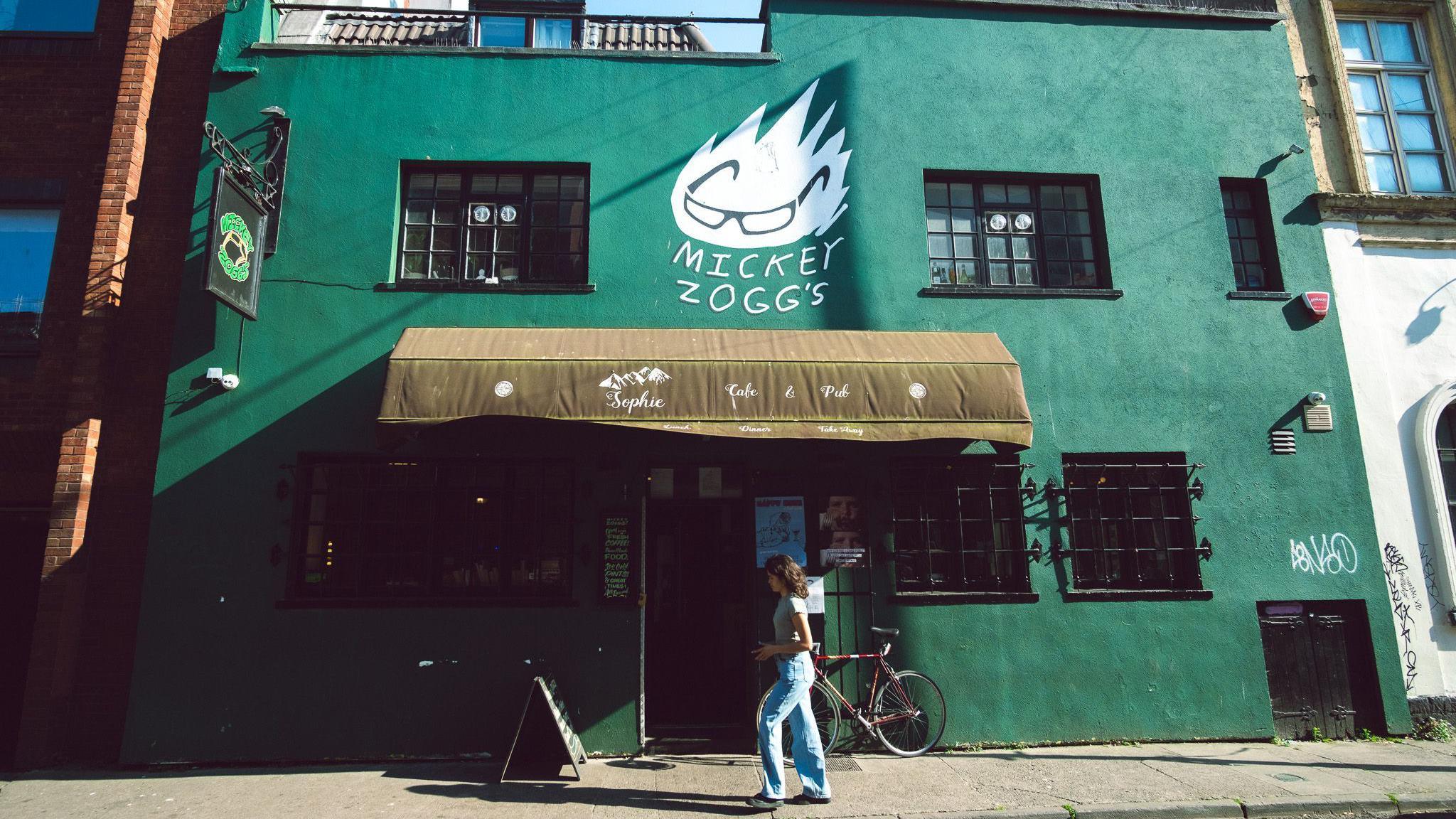
Bristol independent radio station Noods has launched a crowdfunder to save its headquarters from redevelopment
- Published
Tucked away on a street just outside the centre of Bristol lies one of the city's most vibrant community spaces and venues - Mickey Zoggs.
The pub is home to Noods Radio and a place where Bristol's underground musicians and DJs gather together to meet like-minded individuals and to share and discover new music.
But it is also the latest of the city's "small-scale" radio stations to announce it is at risk due to the cost of living crisis, with the landlord giving bosses an ultimatum to buy the pub or move on when their lease ends in November.
With changes in audience habits and rising costs and energy bills, what does the future hold for community and local independent radio stations?
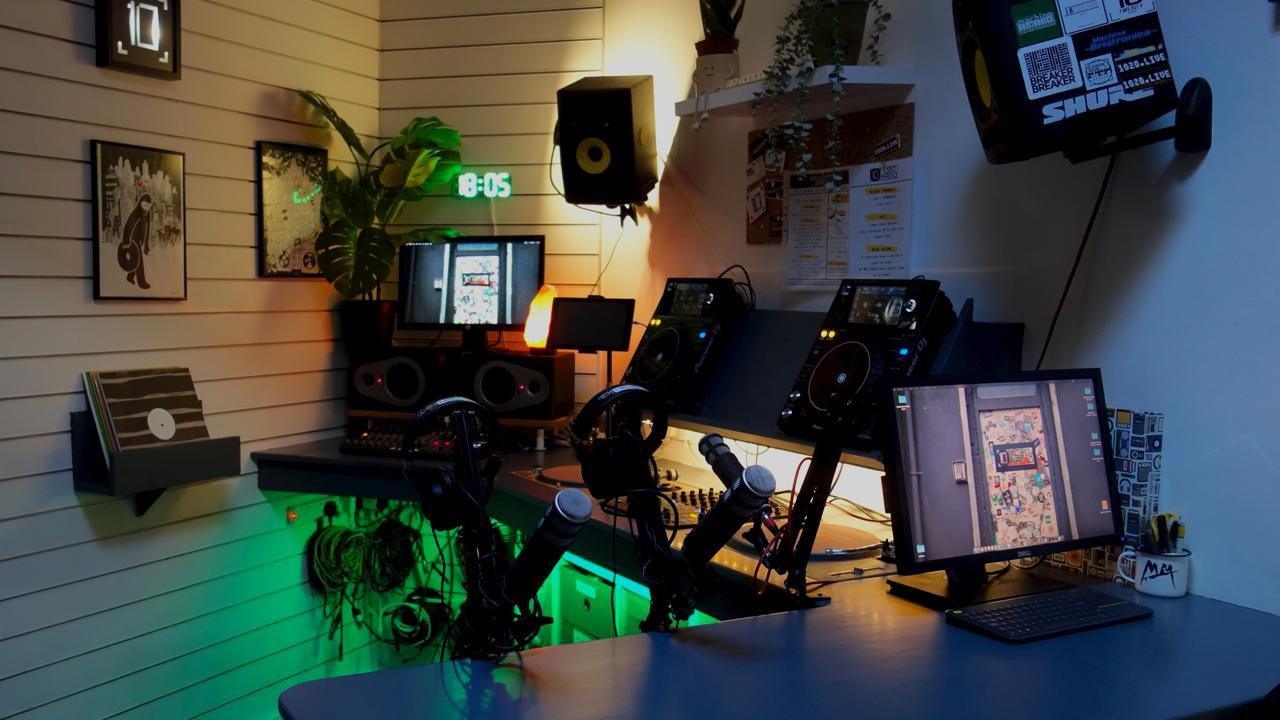
Independent radio station 1020 closed down in 2023 due to the cost of living crisis
In September 2022, Bristol's youth-led community radio station SWU.fm ceased broadcasting due to soaring costs.
The following April the station was acquired by Rinse FM and returned to the airwaves.
Just over a month later, independent online station 1020 announced its closure after eight years of broadcasting in the city.
Bosses said it had become "another causality" of the coronavirus pandemic and ongoing rising costs.
"It was bittersweet when we had to close," said Sean McGovern, who founded 1020.
"Lockdown was an amazing time for radio, but after that people's behaviour changed."
Mr McGovern added the issue was widespread, with several independent radio stations across the country ceasing to broadcast over the last few years.
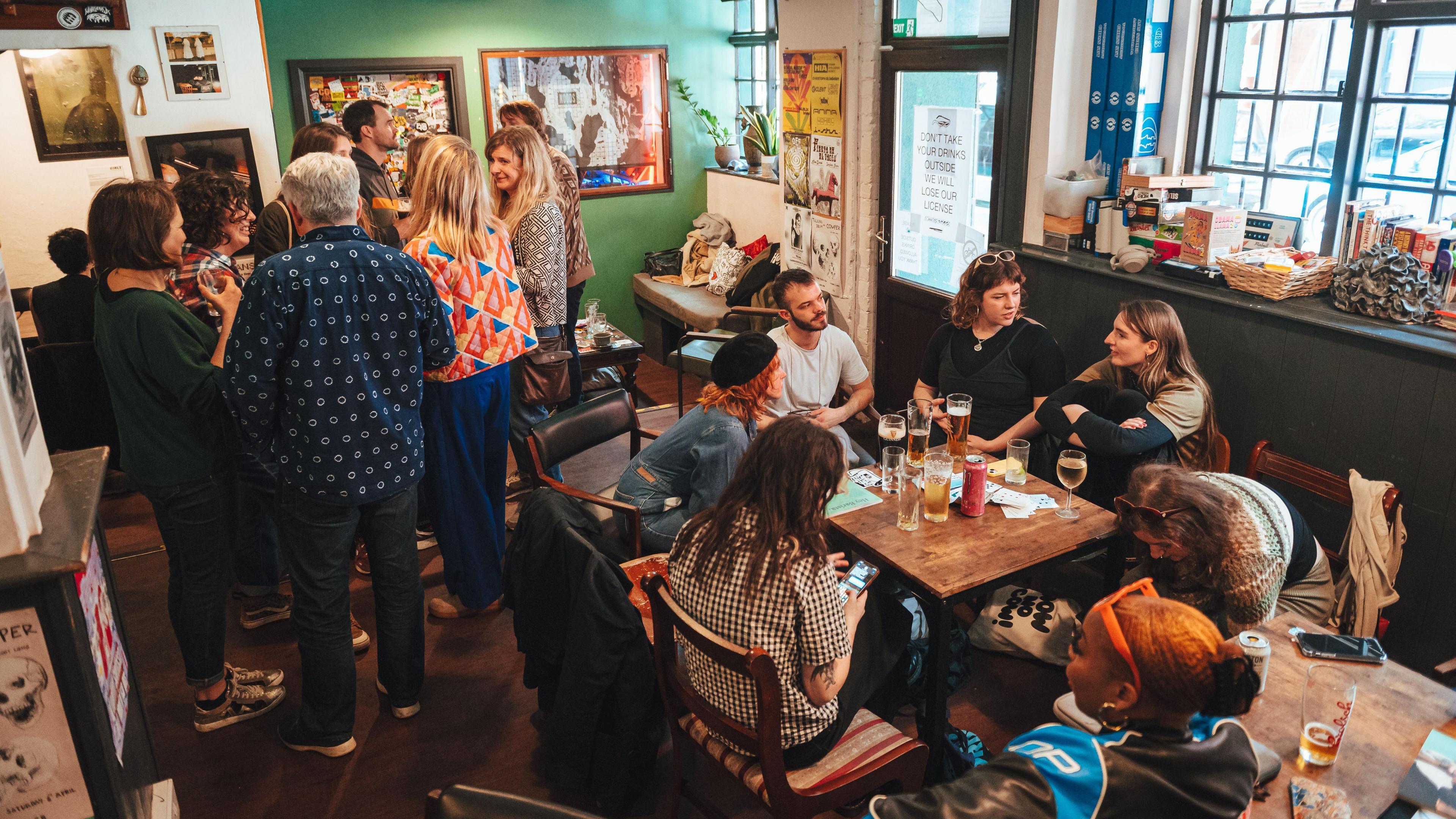
Mickey Zoggs is the home of Noods Radio and a social space for creatives
Noods Radio itself was founded in 2015 as a project to bring together artists from Bristol.
"When we first started, we didn't even have a pair of decks!" said Leon Pattrick, who now runs the station alongside Jack Machin and co-founder Francesco Campanile.
They have since created a community interest company called Noods Levels aimed at developing new and inclusive talent for the creative industries.
From workshops helping women and non-binary individuals get into broadcasting to educational initiatives giving young people the skills and experience necessary for a career in the creative sectors, the radio station aims to give back to the community that keeps it alive.
Income generated from the pub is also used to subsidise the cost of running the radio station, and those behind Noods fear they may not be able to find another space where this is possible.
"Moving around may also mean that the station has less capacity for these educational projects," said Mr Pattrick.
"These kinds of projects that exist in cities are really important.
"Being able to bond communities together and provide a space for creative spaces to spawn is what it's all about."
A £70,000 crowdfunding campaign has been launched to pay for a deposit on the building to save the station's headquarters in St Pauls.
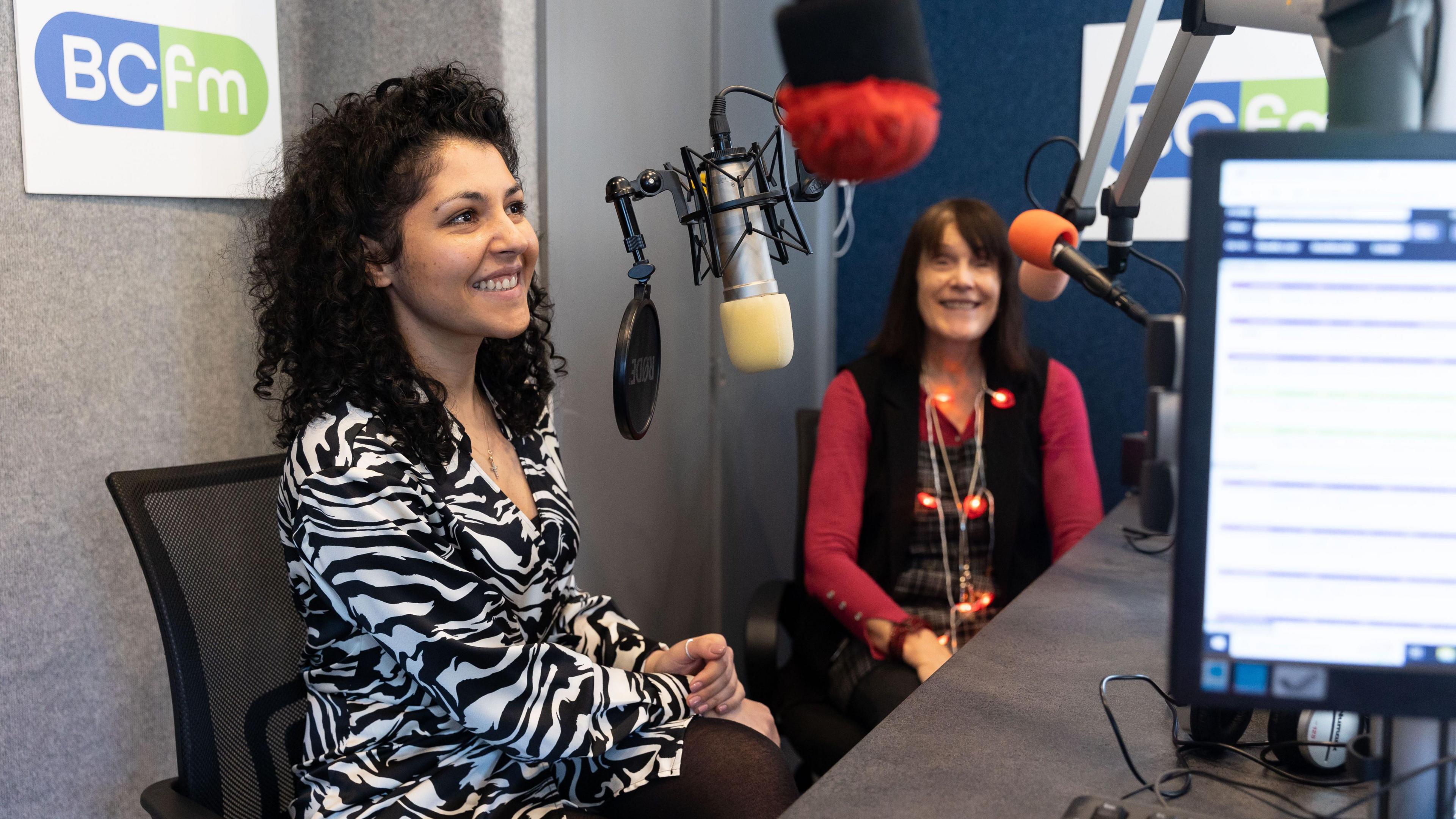
Bristol community radio station BCFM launched in 2007
“Bristol is an independent radio oasis," said Marcus Smith, development lead at community radio station BCFM.
"There’s just so much choice compared to some places and that’s something that we should be proud of and that we should continue to support."
But Mr Smith said the landscape of the industry could fluctuate and recently the increased cost of living had made things more difficult.
"The cost of everything is going up and it's quite difficult to generate income as a community radio station," he said, adding Ofcom regulations meant only a certain amount of income could come from advertising and sponsorship.
BCFM started broadcasting in 2007 and is run by more than 100 volunteers and a small management team, some of whom are paid.
“And that’s what makes community radio special because people do it for the love of it. It brings people together and helps combat loneliness and isolation," he said.
“If things keep going on the way they are right now then there’s a lot of radio stations that won’t be able to stick around as long.
"Some will survive. But starting afresh nowadays is difficult."
In May, the first round of the Community Radio Fund, external opened to applications for some of the £400,000 made available by the Department of Culture, Media and Sport for 2024-25.
But Mr McGovern said more support should be made available to small radio stations.
"Funding is really hard to get when you have limited resources," he said.
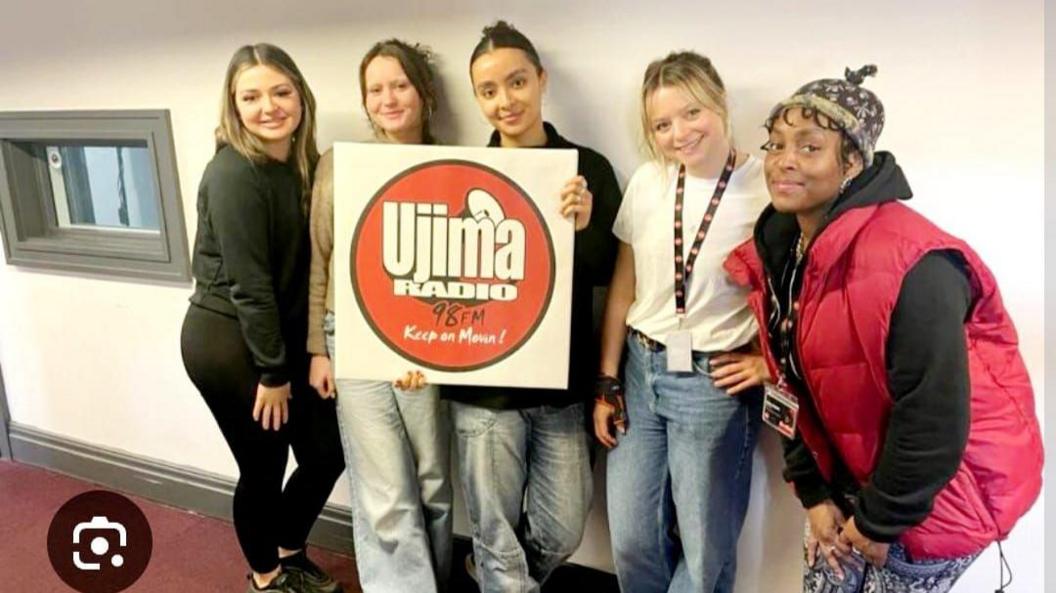
Ujima Radio CIC is run by a small management team and over 70 volunteers
Madu Ellis, director and acting CEO of Ujima Radio CIC, said their stations had also struggled.
Ujima Radio was founded in 2008 and was primarily given a licence to provide a platform to empower black people of African and Caribbean communities to become involved with radio.
"Our main source of income is advertising. We target small upcoming black businesses. The cost of living - if it impacts them - it no doubt will impact on us," Mr Ellis said.
Despite this, Mr Ellis said since their move to Digital Audio Broadcasting (DAB), their listener figures had increased.
"We know we have lots of listeners in America and we’re starting to extend in the Caribbean and in Africa," he said.
"The diversity of our radio enables us to play music genres that some other radio stations don’t or can’t play and that’s one of the things that keeps us buoyant.
"If we continue to provide empowerment, education and news then people will continue to support us."
Follow BBC Bristol on Facebook, external, X, external and Instagram, external. Send your story ideas to us on email or via WhatsApp on 0800 313 4630.
- Published2 September 2022
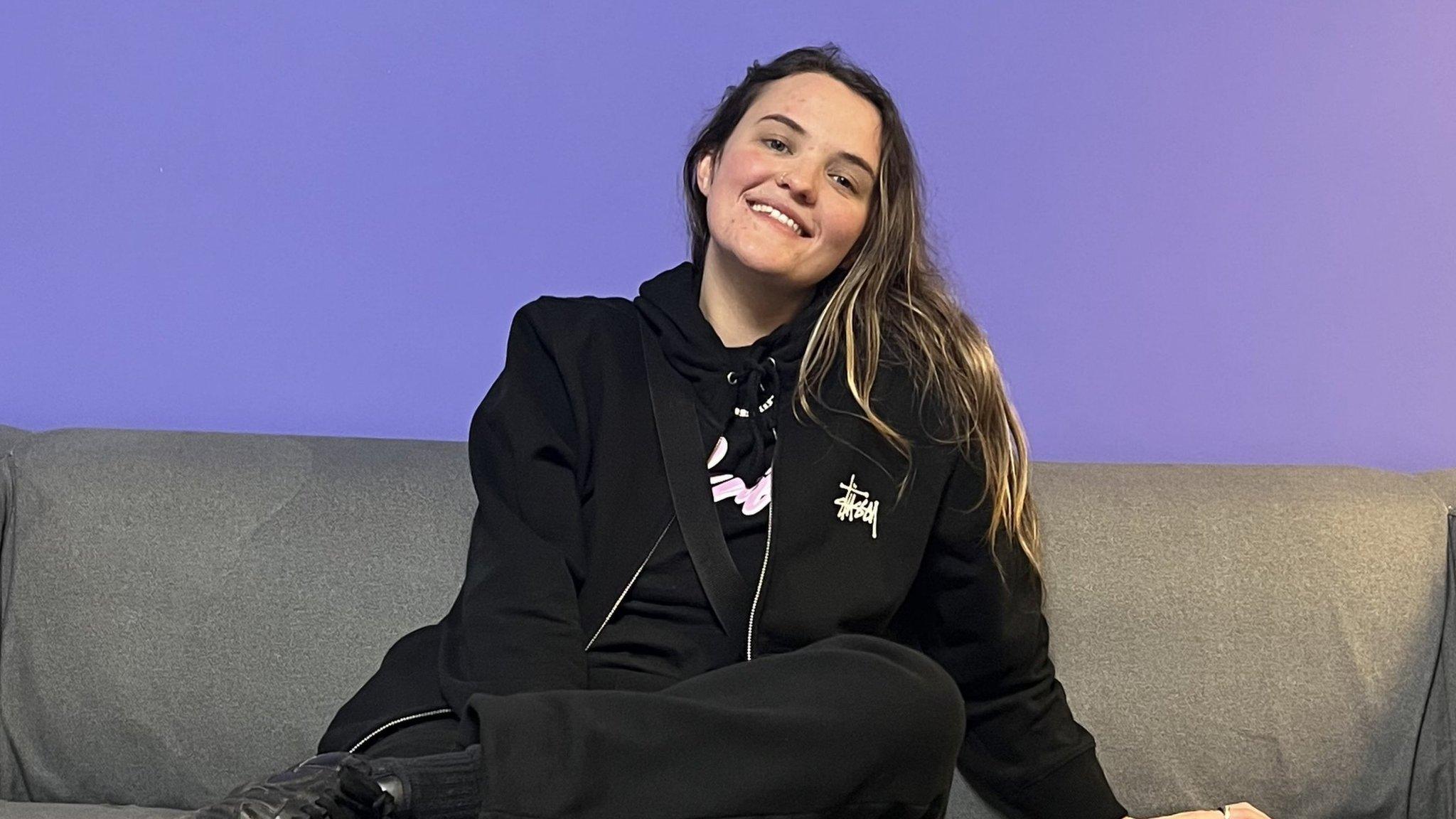
- Published16 March 2023
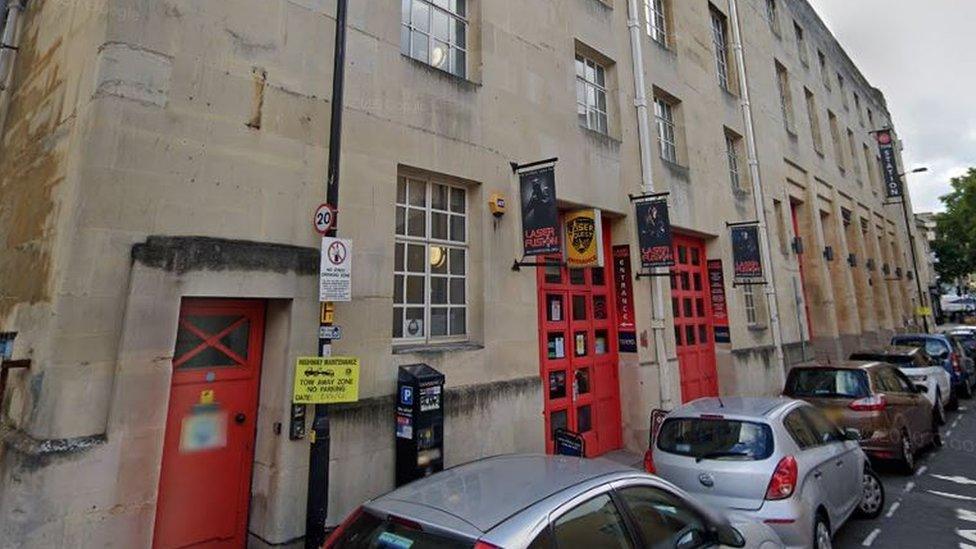
- Published8 August 2019
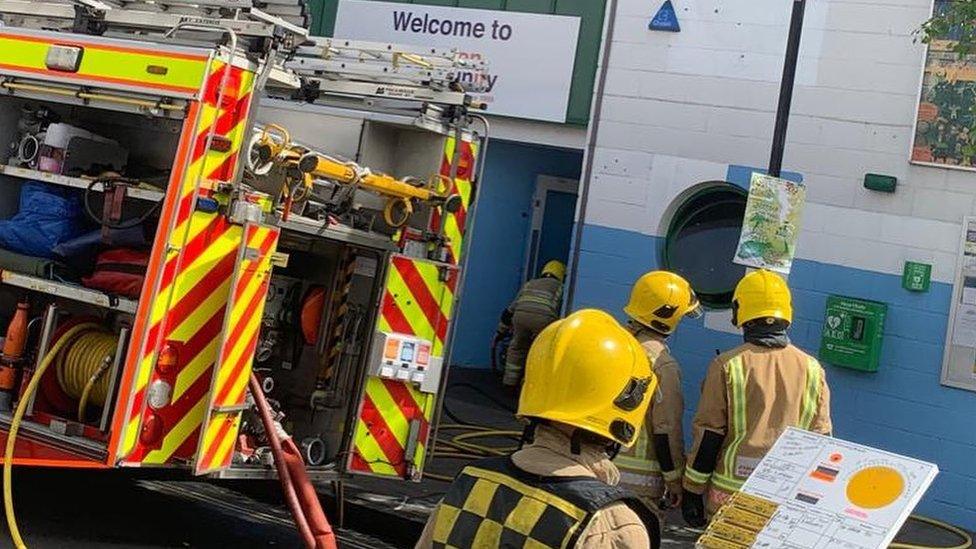
- Published3 March 2015